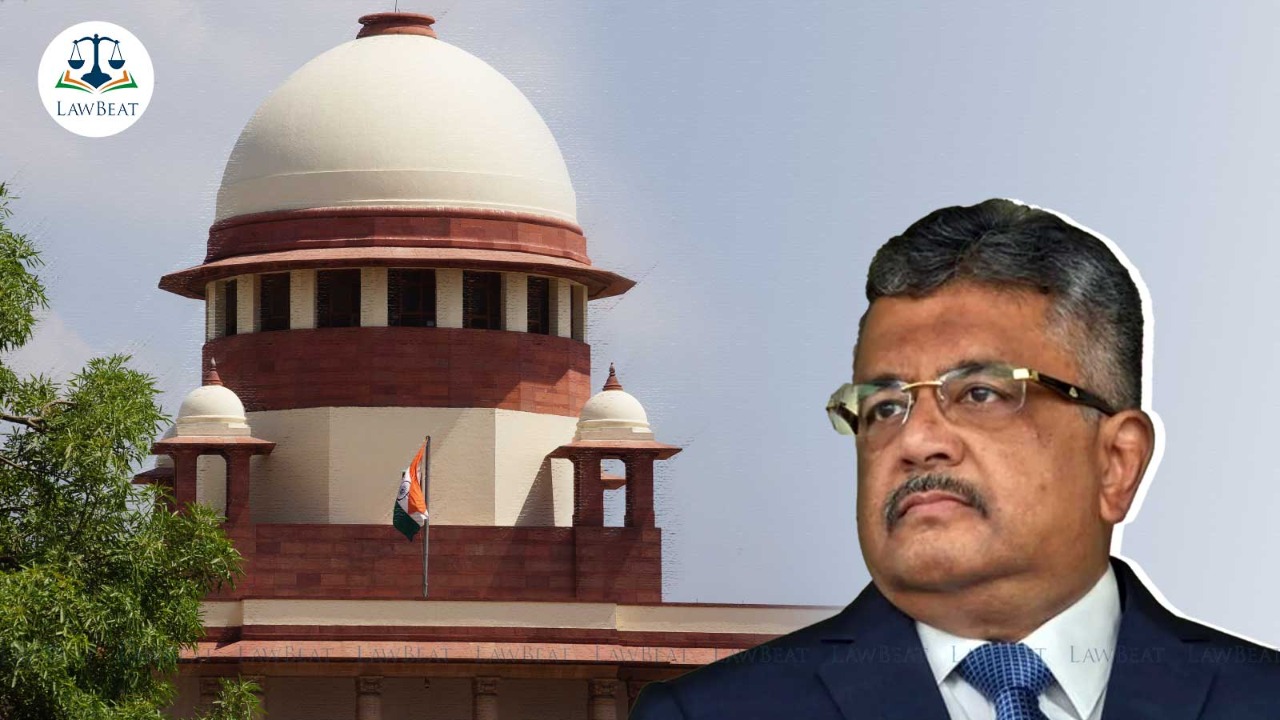“Foreigners don’t have fundamental rights to seek entry into a sovereign country”: SG argues in plea challenging blacklisting of Tablighi attendees

Solicitor General of India Tushar Mehta, while arguing on the maintainability of the plea filed by the attendees of Tablighi Jamaat, challenging their names being blacklisted by the Ministry of Home Affairs, today submitted that there is no fundamental right available to a foreign citizen to ask to enter into a sovereign country.
When the matter came up for hearing, Chander Uday Singh, Sr. Adv argued that the bureau of immigration has not sent letters to any of the individuals separately and that the authorities merely released a list of persons whose names had been blacklisted. Singh argued that Tablighis are completely non-political and that they congregate to improve their adherence to religion.
Court, however, told Singh not to get into the merits of the case and asked him to frame a proposition of law. Singh informed the court that there were two propositions:
- Can a foreign national entering the country with a valid visa be blacklisted without any intimation?
- Whether in such circumstances can provisions of Articles 14 and 21 be applied to actions taken against them?
The SG said that on discussion with the authorities he was informed that there is a provision for revocation of the blacklisting and the petitioners may approach the authorities and seek remedies, however, the decision of the authorities cannot be challenged.
The SG also informed the bench that since the government is challenging the maintainability of the petition, the court may hear him on maintainability and pass orders.
Upon the court agreeing to hear on maintainability, the SG argued that “it is the prima facie view of the authority that Tablighi activities is prohibited in India since 2003, they came on tourist visa.”
The SG told the court that if a person enters a country with a tourist visa, he cannot do any activities other than what is prescribed in the visa. It was informed to the court that there are visas like Missionary visa that could be used.
Singh retorted to this by informing the court that pilgrims do not come under missionary visa. The SG replied to this saying, “Whether they come on a Tourist Visa or missionary visa, it is a prohibited activity.”
The SG argued that when the privilege of visa is extended to a foreigner to enter the country, restrictions can be imposed. He said, ]"They can be general restriction to a group of people or a particular restriction".
The SG, while explaining the situation, said, “Here we are only saying that you have been permitted to leave the country. You are not deported. But please don’t re-enter.”
The SG argued that the State uses its discretion to preserve the country’s sovereignty. He said, “Accepting the petition would mean that there is a fundamental right to enter the country even if the government says no, then move around.”
The bench questioned the SG by noting that it is the petitioners' case that the power of blacklisting can be exercised on giving them notice, the argument was passed when they were in India, therefore Article 21 was available to them.
The SG replied to it by saying, “ Article 21 says nobody can be deprived of life and personal liberty except by procedure established by law. If they come to India and violate the terms of the visa, how can they trace it to right and personal liberty?”
Before Singh could reply to the arguments raised by the SG, the bench asked him if he would like to consider applying for revocation of the blacklisting. The bench said, “You are saying you have right to be heard. Can it be claimed by a foreigner whose visa was denied? The government has sovereign power not giving you visa. The same applies to blacklisting. If the blacklisting is not a consequence of expulsion, it is for future applications.”
The bench further informed Singh that even if they set aside the blacklisting now, there is no guarantee that the petitioners will be granted visa at a later date as it is the country’s sovereign discretion to grant visa.
Singh argued that the blacklisting is based on the allegation that they violated the visa condition. He told the court that these petitions were filed at a time when the petitioners were in the country facing prosecution and behind bars. Singh further argued that three High Courts have held that this is an abuse of process.
Due to paucity of time, the bench could not continue hearing the case. The hearing will continue tomorrow.
On the last date of hearing, Solicitor General of India Tushar Mehta had informed the Supreme Court that persons who came to India to attend the Tablighi Jamaat came on tourist visas despite knowing that Tablighi activities are banned in the country since 2003. The Solicitor General was arguing on the question of law pertaining to the rights of foreigners upon violation of visa conditions.
On the previous date of effective hearing, the SG had mentioned that “this law would have long-lasting implications.” Before the court, in January, the SG had submitted that the earlier judgments of the Supreme Court suggest that the right to approach the court is a sovereign statutory right and the court will have to reconsider the Passport (Entry Into India) Act, 1920.
Case Title: Maulana Ala Hardami vs Union of India
